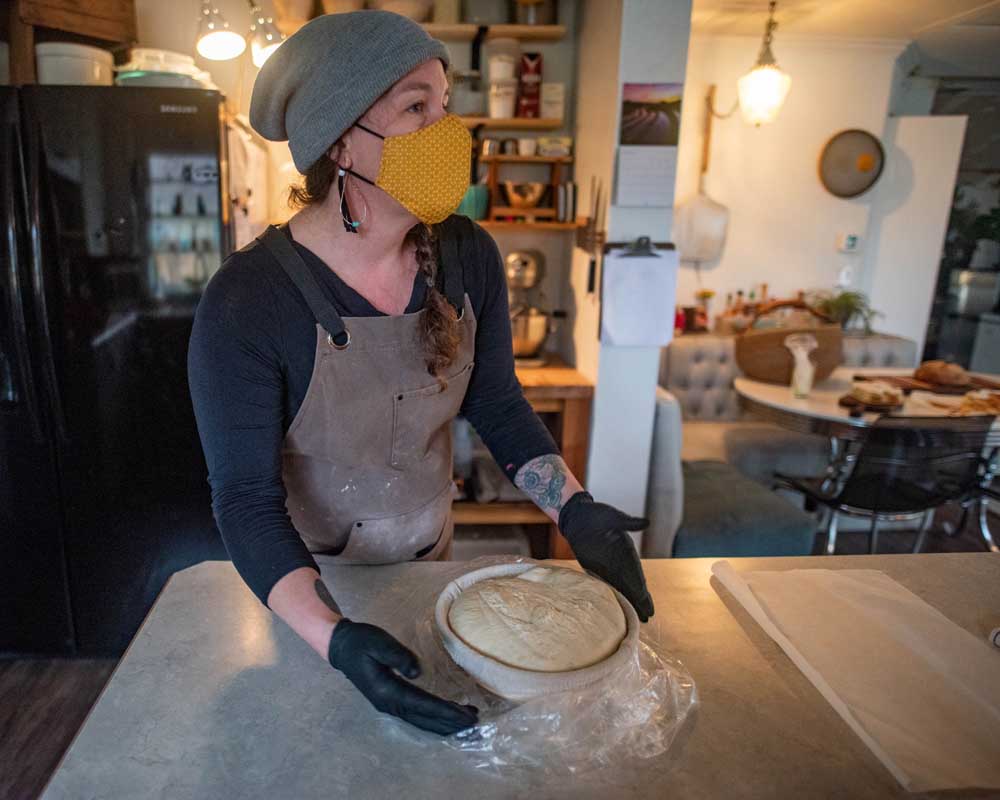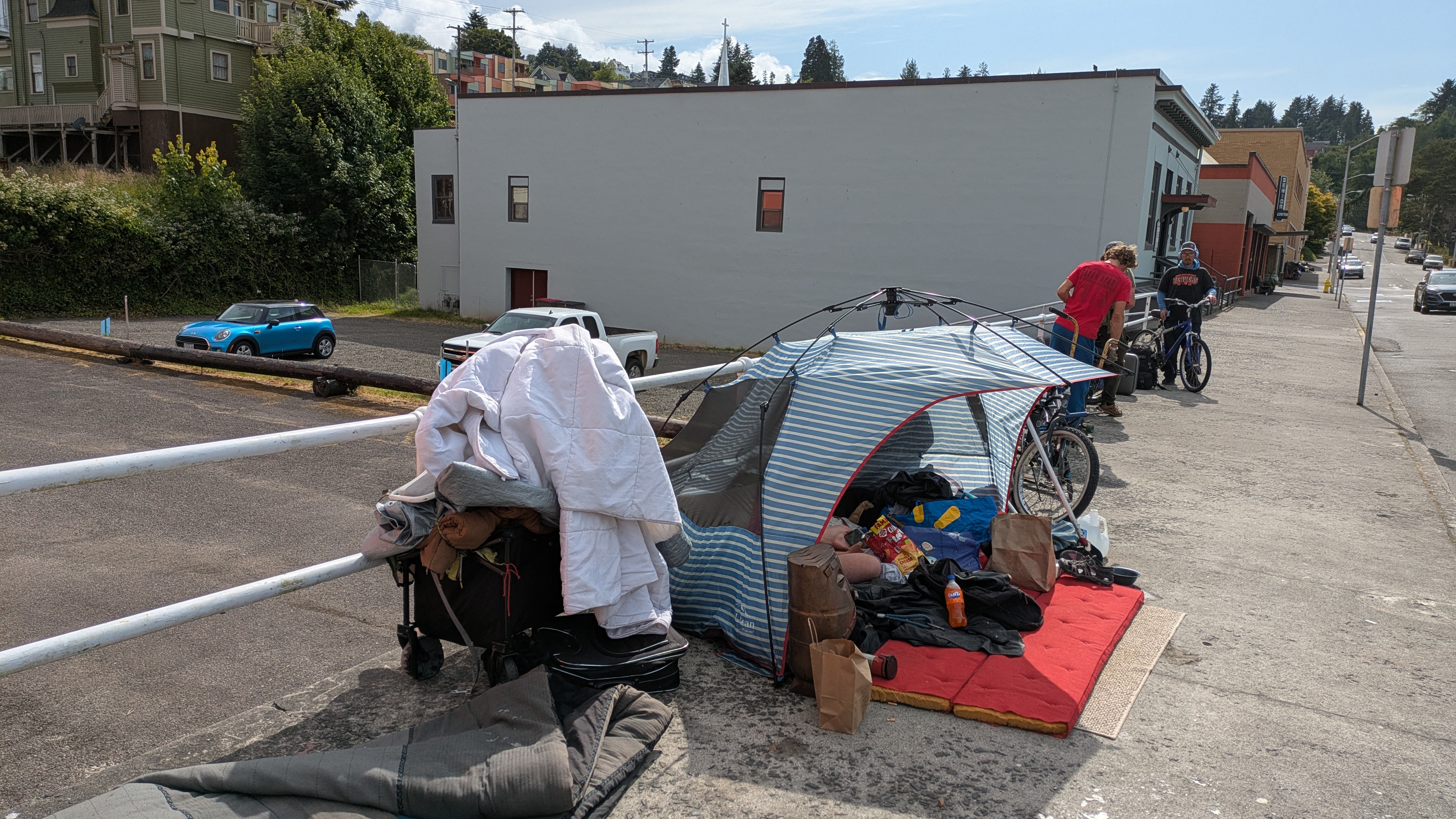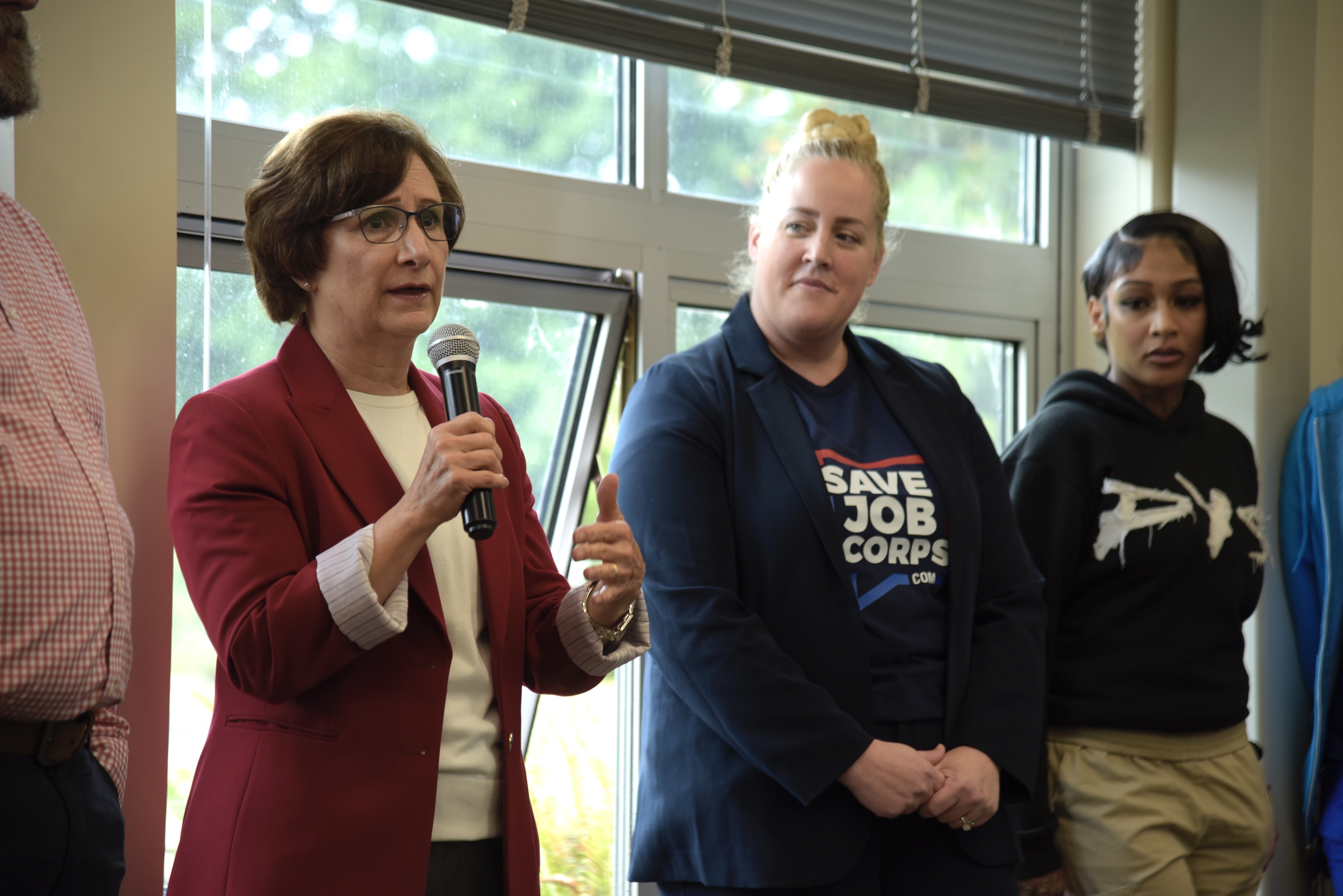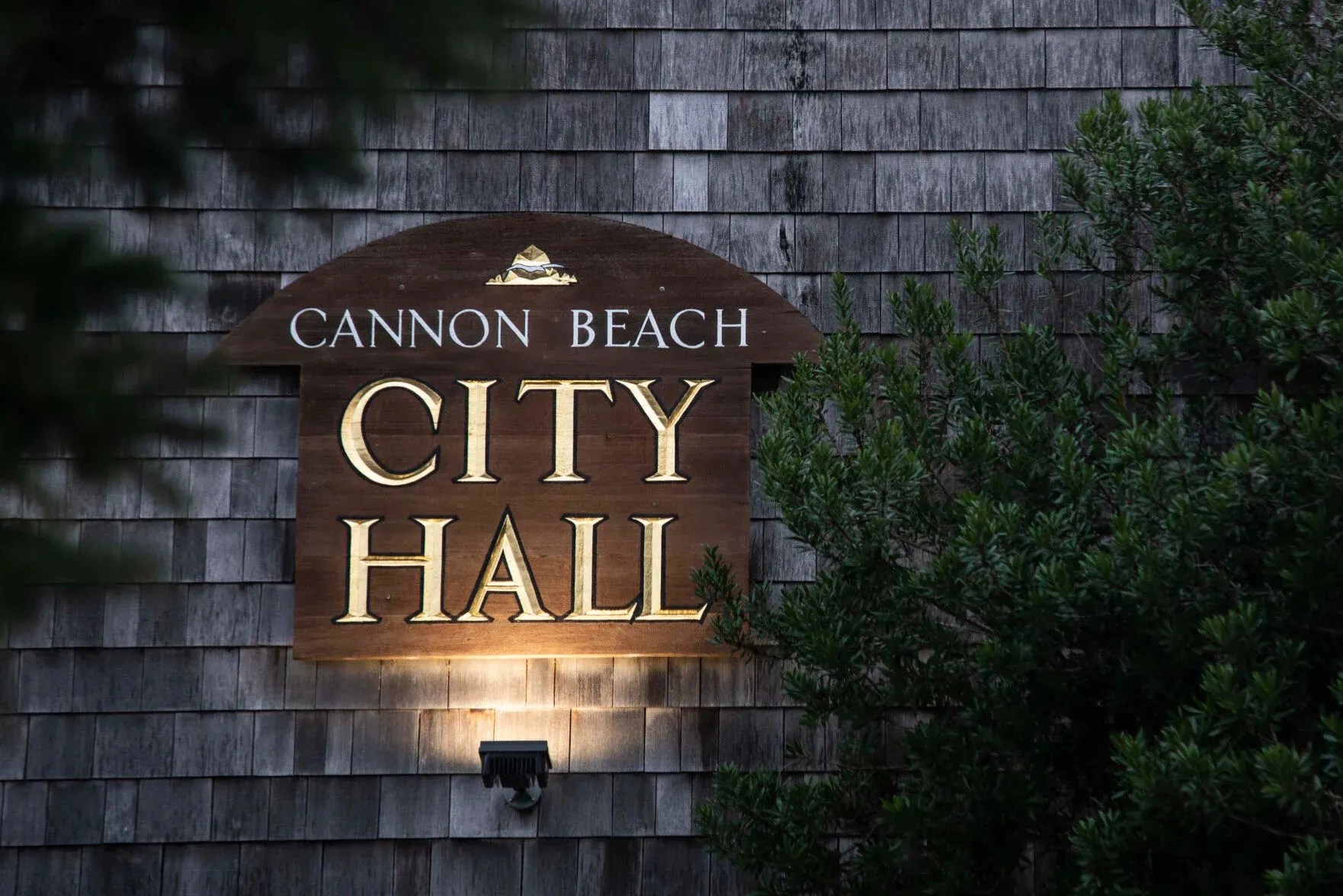As restaurants struggle, industry calls for virus relief
Published 12:15 pm Monday, December 14, 2020

- Amyleigh Sutton prepares a loaf of sourdough bread in her home kitchen in Hammond. At the start of the coronavirus pandemic, Sutton and her partner, Tom Elston, closed the Side Road Cafe in Warrenton and officially shut down the business in August.
Amyleigh Sutton had only been open for nine months when she and her partner, Tom Elston, closed the Side Road Cafe in Warrenton in mid-March because of the coronavirus pandemic.
“We honestly thought that we would be closed for like a month, maybe two,” Sutton said. “We had three kids at home distance learning, so we had to navigate all of this, and then we saw the writing on the wall.”
By August, Sutton and Elston had called it quits, joining a growing number of restaurateurs going out of business or dormant while the dining industry pleads with Congress for more support.
The National Restaurant Association estimates that more than 110,000 eateries have closed this year, including 10,000 over the past three months. In Clatsop County, Astoria has been hit the hardest. Baked Alaska, Albatross, Charlie’s Chophouse, 3 Cups Coffee and Street 14 Cafe have all closed their doors.
Side Road Cafe was one of the only closures in Warrenton. Sutton said the decision was a combination of increased demands on the couple’s time, from schooling kids at home to making the small cafe safe and profitable during the pandemic.
The cafe occupied the lobby of a building on Marlin Avenue sharing several businesses, leaving Sutton and Elston to police good behavior while managing a small space severely limited from indoor dining. Despite having a drive-thru, Sutton worried about losing the community feel of the cafe and essentially becoming a coffee kiosk.
“A big part of our place was ‘Warrenton’s living room,’ where you could come in and sit down and feel welcome … and not being able to offer that was painful,” she said.
Elston landed a job at the Clatsop Community Action Regional Food Bank. Sutton stays at home with the children, taking online baking classes and making deliveries to friends and family to stay relevant in hopes of one day restarting a business.
Adjusting
Restaurateurs have adjusted with the closures and government restrictions.
After closing Sweet Basil’s Cafe in Cannon Beach, chef John Sowa went to work at the Silver Salmon Grille in Astoria. Eric Bechard, owner of Albatross, continues working on the Union Steam Baths building he had purchased in Uniontown and hopes to reopen as a sauna.
Baked Alaska co-owners Christopher and Jennifer Holen scaled down to Nekst, a to-go brunch space just east of their old restaurant catered toward weathering shutdowns in dining.
As executive director of the United Way of Clatsop County, Jennifer Holen would usually be organizing the cooking competition Iron Chef Goes Coastal. The fundraiser can bring United Way $100,000 to funnel into local social service groups. Unable to hold the gala during the virus, she instead started a Dine United campaign, offering $5 gift certificates to local restaurants for each $25 donation to United Way at clatsopunitedway.org. The campaign runs into January.
“The idea was we wanted to do an event that could hopefully help inspire people to continue to get takeout or dine in when it’s available or to highlight local restaurants,” she said.
The Oregon Restaurant and Lodging Association surveyed 400 businesses across the state. Nearly 40% of restaurateurs said they wouldn’t survive until the summer without additional government support.
Nalinrat “Lily” Sahunalu, who opened the Curry & Coco Thai Eatery in Astoria last year, is closing after Christmas to travel and doesn’t know if she’ll reopen when her lease expires in March.
“We just want to wait and see if things (are) getting better,” she said. “We love Astoria. We want to be there … We have a lot of good reviews and good support from local people.”
Parklets
Astoria, while pumping unused coronavirus funds into regional business grants, has loosened restrictions on outdoor dining and approved several parklets in parking spaces outside The Merry Time Bar and Grill, the Green Door Cafe and Blaylock’s Whiskey Bar to increase capacity during restrictions on indoor dining. But restaurateurs don’t see outdoor dining making much of a difference until the weather improves.
Greg Astley, director of government affairs at the Oregon Restaurant and Lodging Association, has called for more government support and criticized the state for scapegoating restaurants amid the virus.
“Even just as (recently) as a few weeks ago, we were less than a percentage of the workplace outbreaks,” he said. “So it’s not being transmitted in restaurants. In fact, the governor and the Oregon Health Authority have said it’s these small gatherings by people — these social gatherings in private settings — that have been the primary source of transmission.
“And so we question why people are allowed to gather in their homes to do these kinds of activities, when we’re not allowing them to gather in one of the most heavily regulated industries, where we sanitize and clean the tables, the restrooms, the chairs, the menus, the door handles.”
The National Restaurant Association has galvanized Astley’s and other state restaurant groups to pressure Congress to pass the Blueprint for Restaurant Revival, a relief package totaling more than $900 billion.
The blueprint calls for a $120 billion fund to provide restaurateurs with grants for operating costs, a new round of forgivable, tax-deductible Paycheck Protection Program loans and other long-term borrowing programs. The association wants enhanced tax credits for employee retention and wellness, improved insurance coverage for business interruptions and legal protections from liabilities related to the virus.
The $55 million Gov. Kate Brown recently provided in coronavirus relief grants helped, as would more federal support, Astley said, but opening up more restaurant capacity is the only way to keep people employed.
“We’ve shown that restaurants are a safe place,” he said. “In some ways, it’s up to us as operators to make sure consumers have confidence in the steps we’ve taken to make them a safe place to come and work and visit.”
Sutton keeps her eye out for vacant storefronts around Warrenton or Hammond, or for a food cart where she can cook. But the barriers to reentry are high.
“It would be great to have … maybe a bailout,” Sutton said. “Bailouts are happening all over, but not for restaurants that I’m seeing. There’s not much incentive to reopen, especially not at this point in time, not for at least a year probably. You’re already at low margins, so there’s not that much incentive to put yourself out there.”





